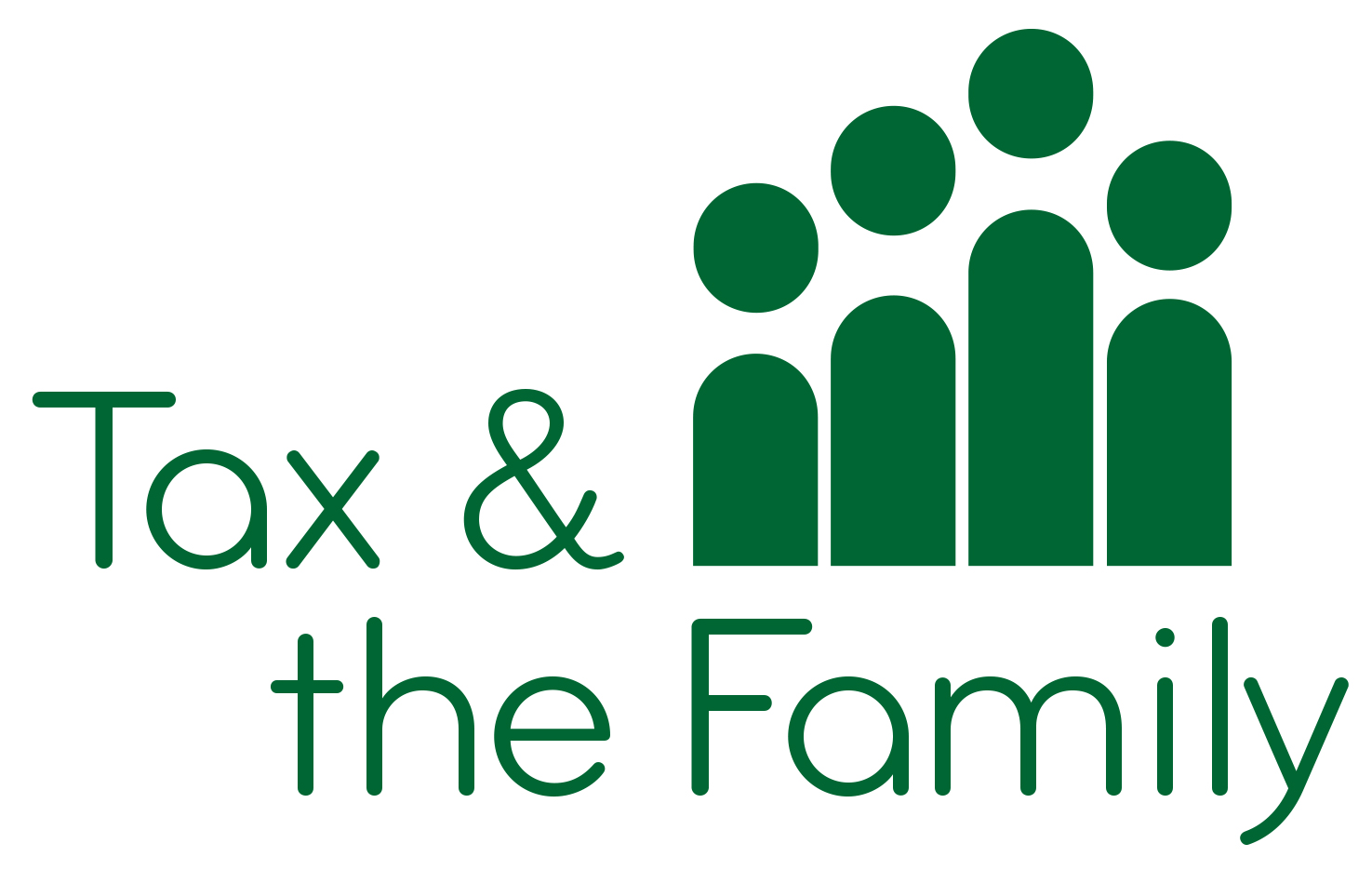Spending on In-work Benefits Has Trebled But Two Thirds of Families In Poverty Has a Parent in Work
Robert Joyce, Deputy Director of the Institute for Fiscal Studies (IFS) told a meeting to mark the 50th anniversary of the founding of the IFS that spending on in-work benefits had trebled since the late 1970’s - we are now spending more on working age benefits than we spend on education, more than on defence and policing combined. In the 1990s 62% of households in poverty were in workless households whereas now 68% were in households where at least one parent was in paid work. 1.8 million households get 80% of their income from benefits. 1 in 3 working age households will be getting Universal Credit.
Don Draper, Tax and the Family, says that it is disturbing news that despite all this support so many in-work families are in poverty. Many of these families pay significant amounts of income tax and have high effective marginal tax rates. For many the effective marginal tax rate has been 96% - they keep only 4p from an extra pound earned, the Treasury takes the rest. Under Universal Credit for some the marginal rate will come down to 80%. But even if they will be able to keep 20p they will find it very difficult to escape poverty or stop themselves sliding into poverty. If families cannot get out of poverty by their own efforts the only other alternative is more Treasury funded support. But, Draper asks, is it realistic to expect the proportion of GDP devoted to means tested benefits to continue to increase? It makes no sense to be taxing these families. They need to be taken out of income tax. It is difficult to do this with the income tax system as it stands. Income tax needs to take account of family circumstances.
To see Robert Joyce’s talk click here.
You can view the slides from the presentation as a PDF here.
